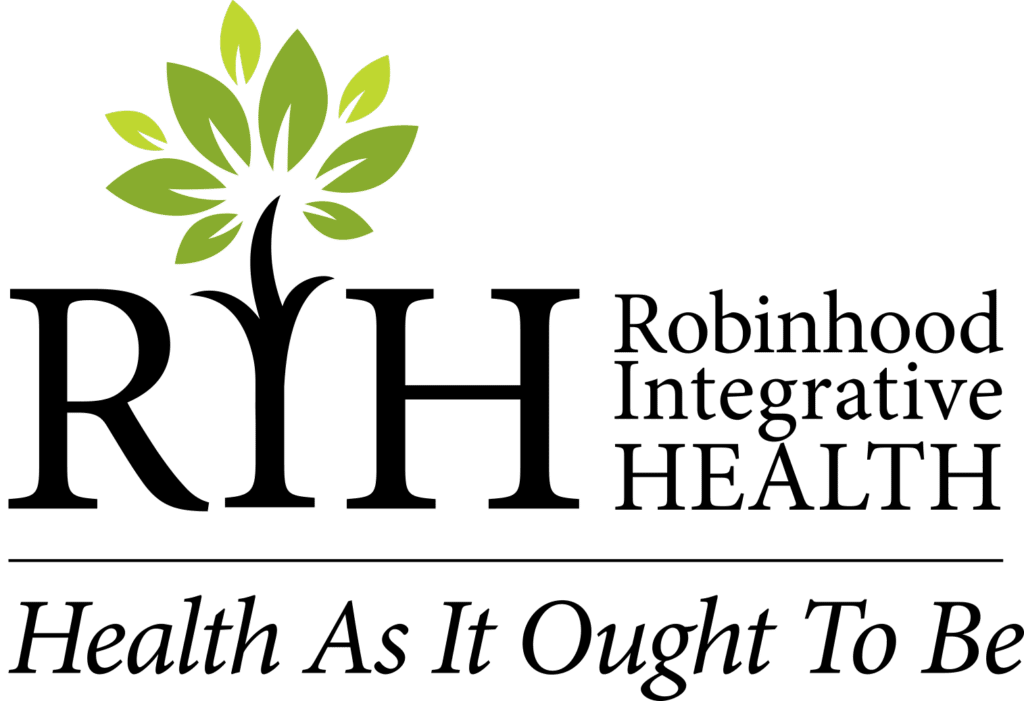Migraines are more than just severe headaches; they can be debilitating episodes that interrupt daily life, work productivity, and emotional well-being. While traditional treatments focus primarily on symptom management with medications, integrative health centers take a broader approach. These centers combine evidence-based medical therapies with complementary treatments designed to address the root causes of migraines and improve the body’s overall resilience. Here’s how migraines are typically treated in an integrative health and headache clinic.
A Comprehensive Initial Evaluation
The first step in treating migraines at an integrative health center is a detailed intake process. Patients usually undergo a full assessment that includes their medical history, lifestyle habits, dietary patterns, stress levels, and any known migraine triggers. This whole-person approach allows providers to identify contributing factors that may be overlooked in a conventional medical setting.
An integrative headache clinic may also conduct advanced lab tests to detect nutrient deficiencies, hormone imbalances, food sensitivities, or gut health issues, all of which can play a role in triggering migraines.
Nutritional Support and Supplementation
Many integrative practitioners believe that diet can significantly influence migraine frequency and severity. Patients are often guided to adopt an anti-inflammatory diet rich in whole foods, healthy fats, and magnesium-rich vegetables. Common triggers such as gluten, dairy, seed oils, and processed foods with artificial additives may be eliminated under supervision.
In addition to dietary changes, targeted supplements such as magnesium, riboflavin (vitamin B2), and coenzyme Q10 are frequently recommended. These nutrients have been shown in various studies to reduce the frequency and intensity of migraine episodes.
Stress Management and Mind-Body Practices
Chronic stress is one of the most well-documented triggers for migraines. At an integrative health center, stress reduction is often treated with the same level of importance as physical symptoms. Certain infusions, especially those that contain Magnesium, may be recommended.
Medication Review and Coordination
While integrative health centers often emphasize natural and non-invasive treatments, they don’t ignore conventional medicine. Instead, they aim to enhance it. Headache clinic practitioners frequently collaborate with neurologists, primary care providers, or pain specialists to review existing medications and make adjustments as needed.
This collaborative approach helps ensure that pharmaceutical treatments are used effectively and appropriately while exploring complementary therapies that may reduce the need for higher medication doses or avoid side effects.
Personalized Care Plans
Perhaps the most defining feature of an integrative approach is its commitment to personalization. No two migraine patients are exactly alike, and integrative health centers take that seriously. Treatment plans in a headache clinic are typically tailored to each patient’s specific triggers, symptoms, and preferences, combining multiple therapies to support both short-term relief and long-term healing.
Migraines can be incredibly disruptive, but they don’t have to control your life. Integrative health centers offer a more holistic path forward; one that treats the whole person and not just the pain. If you’re looking for a treatment approach that goes beyond the pill bottle, visit our medical office in Winston-Salem, NC. Fill out a new patient form with Robinhood Integrative Health today to schedule an appointment.

